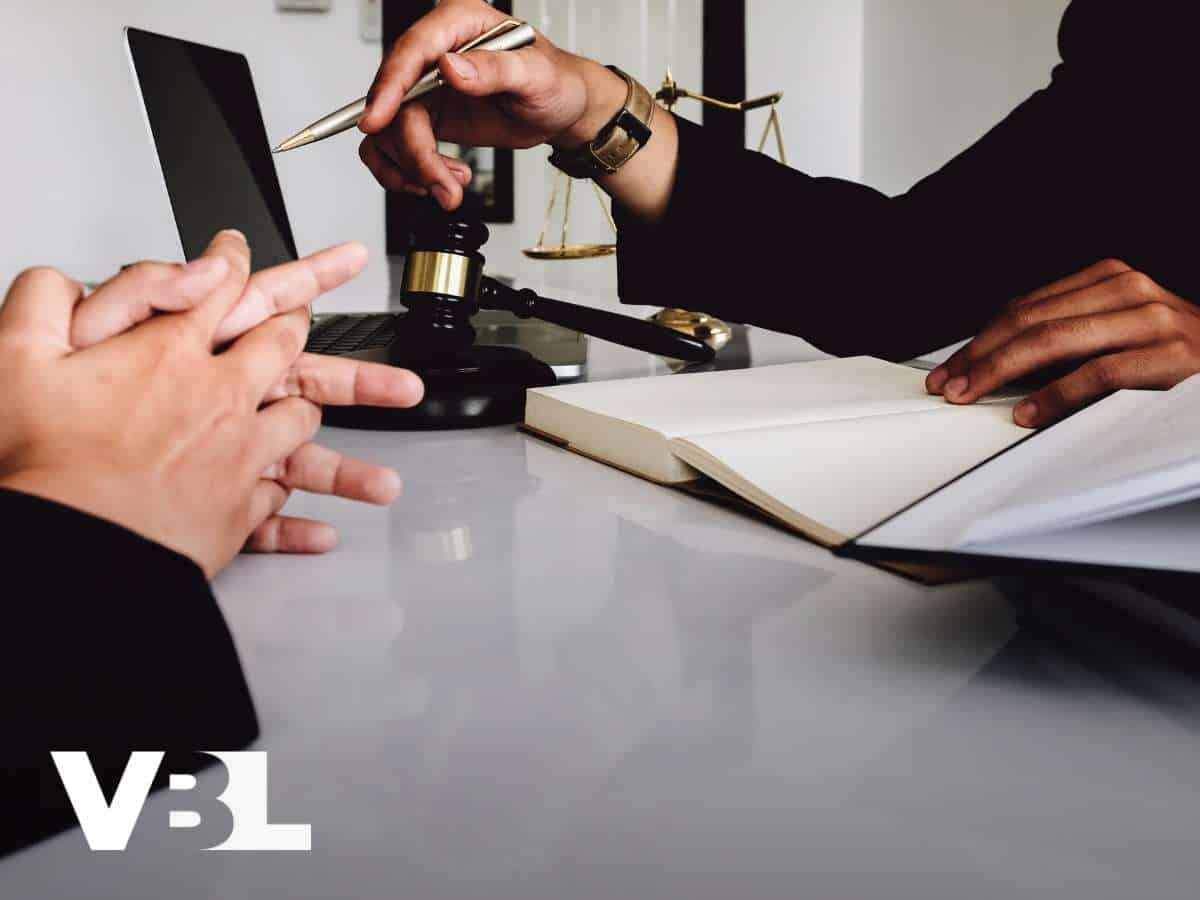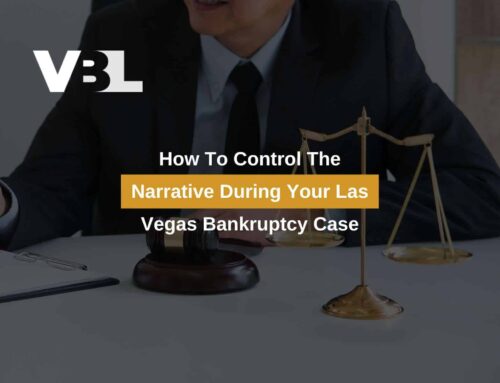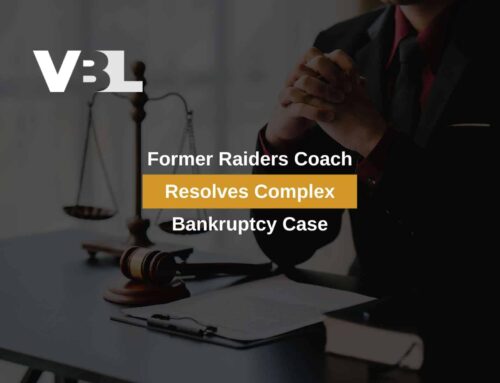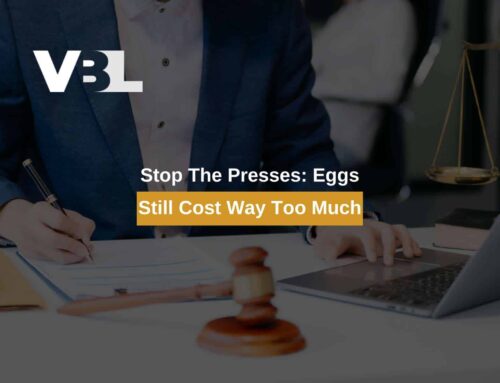Filing Bankruptcy When You Recently Moved To Nevada
How To Successfully File For Bankruptcy When You Have Recently Moved To Nevada
Some parts of the country are simply becoming too expensive to live in, and Nevada offers warm weather and a different lifestyle that draws in many. Even if Nevada has offered you a more affordable lifestyle, you may still struggle with previously acquired debts. Under certain circumstances, bankruptcy can be an effective tool to protect yourself from creditors and deal with unmanageable debts. But depending on how recently you moved to Nevada, you might not avail of the full benefits a Nevada bankruptcy has to offer. Read on to learn more and call 702-370-0155 to schedule your free consultation with an experienced member of our bankruptcy team.

Bankruptcy Residency Requirements
A residency requirement is the minimum amount of time you must live in a state before you can file certain types of legal actions there. Residency requirements will vary from state to state, and may vary by legal action- e.g., the residency requirement for a divorce may be shorter than the residency requirement for a bankruptcy. The residency requirement to file bankruptcy in Nevada is 180 days, or 6 months.
Qualifying to file bankruptcy in Nevada doesn’t necessarily mean you will be eligible to use Nevada’s bankruptcy exemptions. Nevada has more generous bankruptcy exemptions than some states, but you must reside here significantly longer than the residency requirement to use them. In general, you must live in Nevada for at least 730 days, or 2 years, before you can use Nevada’s bankruptcy exemptions in a bankruptcy filing. You will also need to use federal bankruptcy exemptions to protect your home if you haven’t owned your property for at least 1,215 days before filing.
Nevada Bankruptcy Exemptions
Bankruptcy exemptions represent how much equity can be protected in certain asset categories when you declare bankruptcy. If you don’t meet the residency requirements to use Nevada’s bankruptcy exemptions, you will need to use the exemptions from the state in which you previously lived. Some of the most commonly used bankruptcy exemptions for Nevada residents include:
- Homestead exemption: $605,000 equity in a home or mobile home. That means your home can be protected if it’s worth more than the homestead exemption, but you have a significant balance on your mortgage. Before filing bankruptcy, you must record a homestead declaration with the county recorder’s office.
- Wildcard exemption: Some states don’t offer this exemption, which can be extremely useful if you own an asset that doesn’t fall into a specific exemption category. Nevada offers a wildcard exemption, which can be used on any asset, of $10,000.
- Retirement savings: Nevada protects a wide array of retirement accounts, including 401(K)s, 403(B)s, and Roth IRAs, in bankruptcy. Up to $1,512,350 per person (spouse) is protected in a Nevada bankruptcy.
- Tax refunds: Stimulus payments, tax credits, and child credits are all protected from your trustee in a Nevada bankruptcy filing.
- Personal injury awards: Up to $16,150 of this type of asset is protected in a Nevada bankruptcy. This can be crucial if you have a personal injury settlement, as some states don’t offer personal injury exemptions.
- Household goods and furnishings: $12,000
- Tools: $4,500
Federal Bankruptcy Exemptions
If you don’t meet Nevada’s residency requirements, you will need to use the exemptions for the state you lived in previously. If you don’t meet that state’s residency requirements either, you will need to use the exemptions for the state you lived in for most of the 180 days before the 2 years proceeding your filing. In other words, contact your local bankruptcy attorney if you’re not sure about which state’s exemptions to use. If you can’t use Nevada’s homestead exemption, you will be limited by federal law to an exemption of $189,050.
It would take up too much space to describe each state’s bankruptcy exemptions in this article. However, some states allow debtors to choose to use the federal bankruptcy exemptions instead. The bankruptcy exemptions in your previous state may be far different from the federal exemptions, so only use these as a frame of reference.
- Homestead exemption: The federal exemption for real property used as a residence is only $15,000.
- Motor vehicle exemption: $2,400 in one motor vehicle
- Household goods and furnishings: $8,000
- Jewelry: $1,000
- Wildcard exemption: $800 plus up to $7,500 of any unused homestead exemption
- Tools: $1,500
As you can see, many of these exemptions are far lower than those provided for residents of Nevada. Depending on when you moved here and/or purchased your home, waiting just a short while could be crucial towards your case’s outcome. Your bankruptcy attorney should advise you if you should wait to file. However, if you are in a financial crisis- e.g., vehicle repossession, home foreclosure, wage garnishment- you may not be able to wait. Talk to a Nevada bankruptcy lawyer to learn more by calling 702-370-0155.
The Upsides of Filing Bankruptcy In a New State
Filing bankruptcy shortly after moving to a new state can cause extra complications in what may already be a complex bankruptcy case. There are a few upsides to filing bankruptcy after moving. One of them is that you are more likely to use new utility providers after moving states. Unpaid utility bills can be discharged in Chapter 7 and Chapter 13 bankruptcy. However, a utility provider is no longer required to provide services once you have discharged debt with them. If you need to keep using the same utility provider, they will usually have you pay off your balance before you can resume service, despite you having discharged your legal obligation to pay.
A similar issue with discharging unsecured debts in bankruptcy is medical providers. If you discharge a doctor’s bill in bankruptcy, they don’t have to continue seeing you as a patient. Like a utility provider, you may need to pay off your bill (or agree to a payment plan) even though it is technically discharged in bankruptcy. It should be noted that an emergency room can never turn you away, even if you have previously filed bankruptcy on a medical bill from that hospital. If you move states after filing bankruptcy, there is little to no chance that you will need to see your old doctors ever again. Clearly, this list isn’t long, and you may benefit more from qualifying for Nevada’s bankruptcy exemptions. You should discuss your situation with an experienced bankruptcy attorney to determine what is best for you.
The Nevada Bankruptcy Team You Can Trust- Offering Payments Starting At No Money Down
Bankruptcy isn’t the right solution to debt for everyone. Ideally, you will consult with bankruptcy attorneys who give you an honest opinion about how effective bankruptcy will be for you, and if you need to wait to file. Our Las Vegas bankruptcy team has the experience to identify which issues will be relevant in your case in a quick and convenient phone consultation. Your phone consultation, which is free of charge, is your chance to ask any questions you may have about the bankruptcy process. You will also receive your budget-friendly quote for our legal services. You may even qualify for our Zero Down bankruptcy payment plan. Pay for your bankruptcy in affordable installments with a 0% interest rate. Call 702-370-0155 or click here to learn more.

Las Vegas Bankruptcy Lawyers
LAS VEGAS
7251 W Lake Mead BLVD #300
Las Vegas, NV89128
Office: 702-879-2499
Email: [email protected]
HENDERSON
1489 W Warm Springs Rd. Ste 110
Henderson, NV 89014
Email: [email protected]
Additional Information at:
Phoenix Bankruptcy Lawyer
Phoenix DUI Lawyer
Chandler Bankruptcy Lawyer
Vegas Zero Down Bankruptcy Attorney
Gilbert Bankruptcy Lawyers
Arizona Zero Down DUI
AZ Bankruptcy Lawyer
















